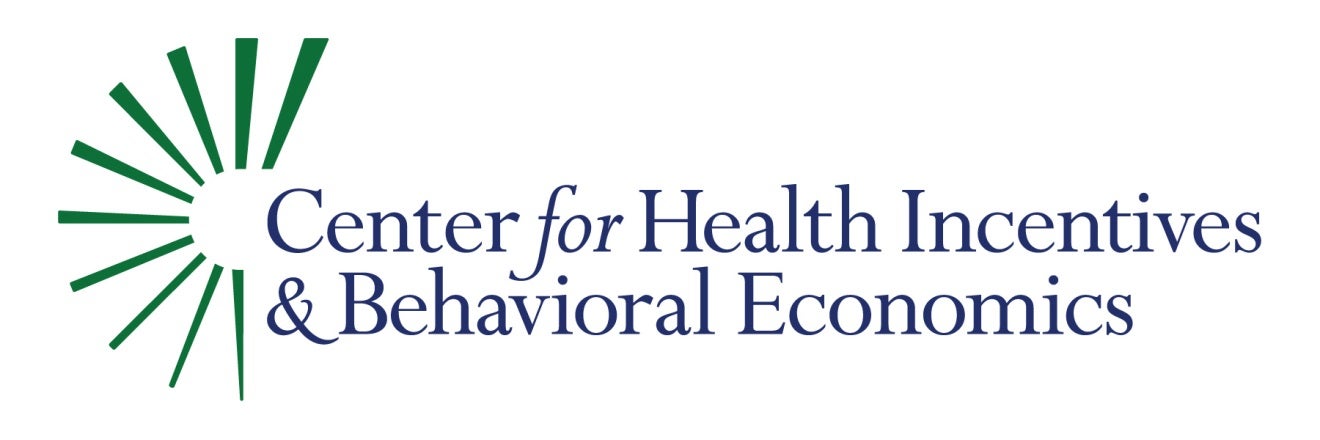Our Projects
Indlela: Behavioural Insights for Better Health
Johannesburg, South Africa


Human behaviour poses a “last mile” challenge to ensuring the effectiveness of existing health services and maximizing the impact of available resources. Behavioural economics offers insights on human behaviour and decision-making that can be useful for identifying low-cost behavioural solutions (“nudges”) that increase uptake of health services and promote behaviour change more generally. In the past decade a number of governments and health systems globally have used behavioural science and rapid-testing of interventions to improve the efficiency of programs by forming “nudge units” to help develop low-cost interventions that have successfully resulted in behaviour change and improve health care delivery. With support from the Bill and Melinda Gates Foundation, the University of Witwatersrand’s Health Economics and Epidemiology Research Office (HE2RO) and the University of Pennsylvania’s Center for Health Incentives and Behavioral Economics (CHIBE) have launched Indlela: Behavioural Insights for Better Health (Indlela means “the way” or “the path” in isiZulu).


Related Publication
Keywords
HIV; behavioral economics; behavioral science













